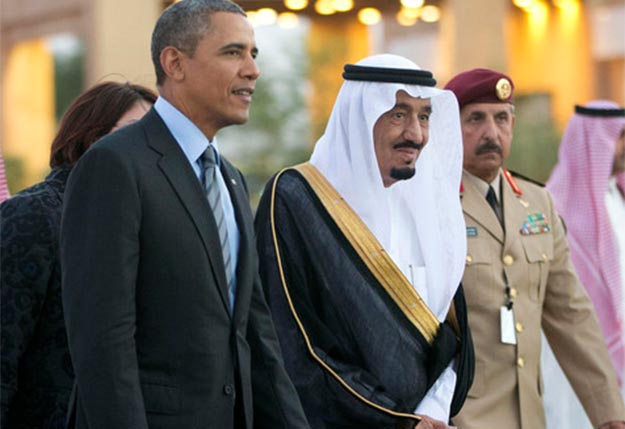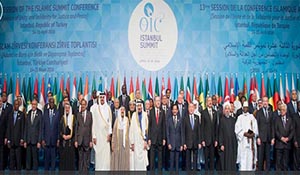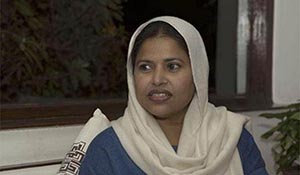
New York: Saudi Arabia has warned the United States that it would be forced to sell off hundreds of billions of dollars’ worth of American assets if US Congress passes a bill allowing the Saudi government to be held responsible by US courts for any role in the September 11, 2001 attacks, the New York Times reported Saturday.
While the Obama administration has tried to block the bill’s passage in Congress, the Times says, State Department and Pentagon officials have over recent weeks held deep discussions over the possible consequences of a major diplomatic and economic fallout with the Saudis if the legislation passes.
The proposed legislation could allow American courts to freeze US assets held by the Saudis, prompting the possibility of a major sell-off before the bill is passed.
The Obama administration, which argues that the legislation would put Americans at legal risk overseas, has lobbied intently against the bill, angering some lawmakers and victims groups which accuse both the Obama and Bush administrations of covering up the full extent of Saudi Arabia’s involvement in the deadly attacks on September 11 to protect US-Saudi relations.
Republican lawmakers have demanded the Obama administration release a top secret 28-page report that allegedly shows Saudi Arabia directly helped to finance the September 11 attacks in New York in 2011.
The blacked-out pages were classified under the instruction of George W Bush, leading to speculation they confirmed Saudi involvement.
“It’s stunning to think that our government would back the Saudis over its own citizens,” the New York Times quotes Mindy Kleinberg, whose husband was killed in the September 11 attacks on the World Trade Center, and who is part of a victims group pushing for the legislation.
During a trip to Washington last month, the Times reports, Saudi Foreign Minister Adel al-Jubeir said that the kingdom would be forced to sell up to $750 billion in treasury securities and other US assets if the legislation were to pass.
But independent economists, according to the Times, say that the Saudi threat would be difficult to execute and would cripple the kingdom’s economy.
The move would likely disrupt global markets, for which the Saudis would be blamed, and would destabilise the US dollar, with which the kingdom’s own currency is linked, says Edwin Truman, a fellow at the Peterson Institute for International Economics.
“The only way they could punish us is by punishing themselves,” the Times quotes Truman.
President Barack Obama will visit King Salman and the Saudi royal court in Riyadh on Wednesday in a bid to mend increasingly frayed ties between the allies. The upcoming visit will be his fourth to the kingdom.
The Times said a spokesman for the Saudi Embassy did not respond to a message seeking comment.
Saudi officials have long denied that the kingdom had any role in the Sept 11 plot, and the 9/11 Commission found “no evidence that the Saudi government as an institution or senior Saudi officials individually funded the organisation.
” But critics have noted that the commission’s narrow wording left open the possibility that less senior officials or parts of the Saudi government could have played a role.
Suspicions have lingered, partly because of the conclusions of a 2002 congressional inquiry into the attacks that cited some evidence that Saudi officials living in the United States at the time had a hand in the plot, the Times said.
Those conclusions, contained in 28 pages of the report, still have not been released publicly.
The Saudis were dismayed by Obama’s outreach to its regional rival Iran, and his support for some Arab Spring revolts.
While the countries work together in the fight against the Islamic State group, the kingdom feels Obama could have been tougher on Syria’s Bashar al-Assad.
But senior Obama adviser Rob Malley said that there has been real progress in the relationship.
“On the security front, over the last 12 months, there have been countless meetings at all levels,” he said.
Obama will leave Riyadh on Thursday night and fly on to Britain and then to Germany.








 | Quick links
| Quick links